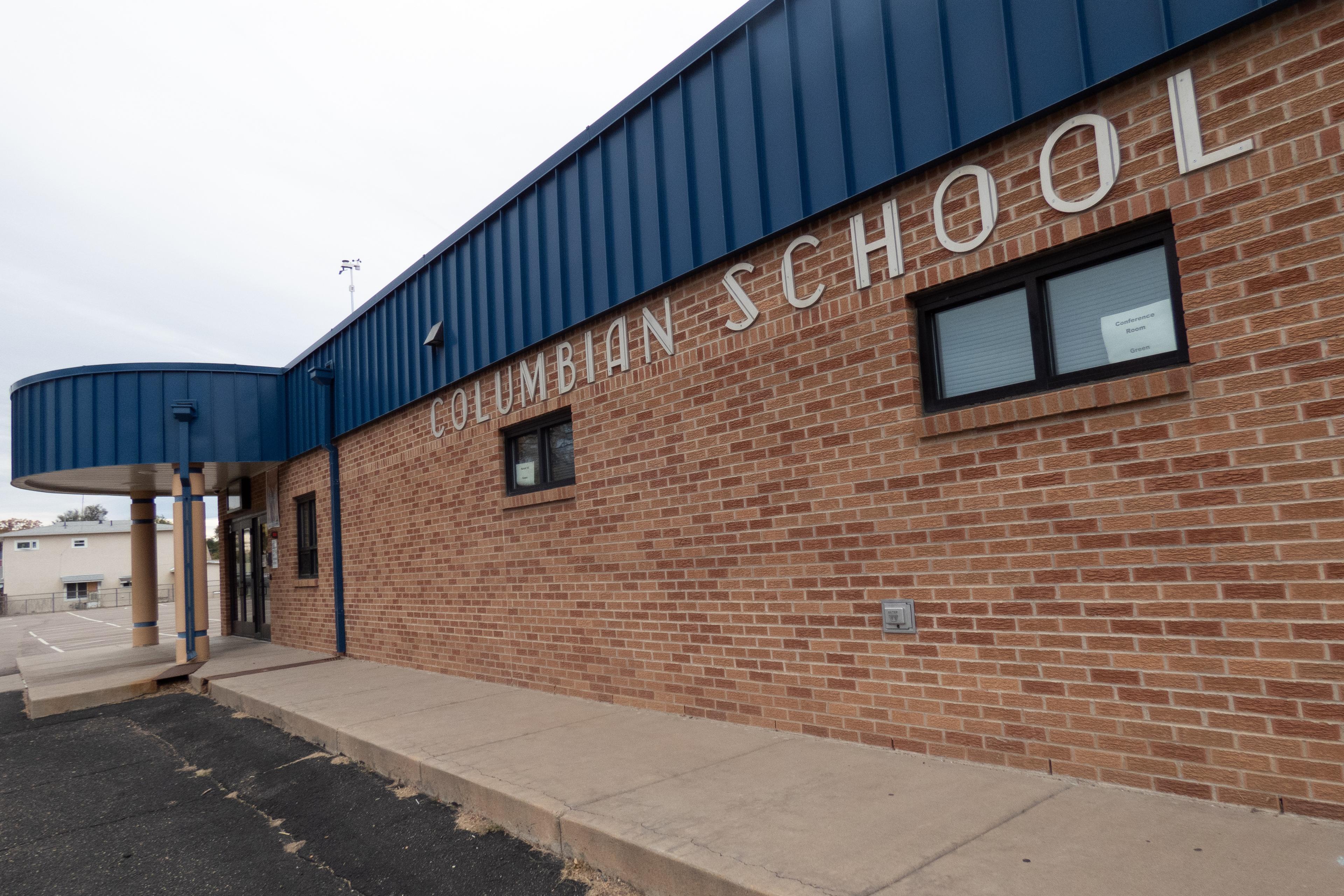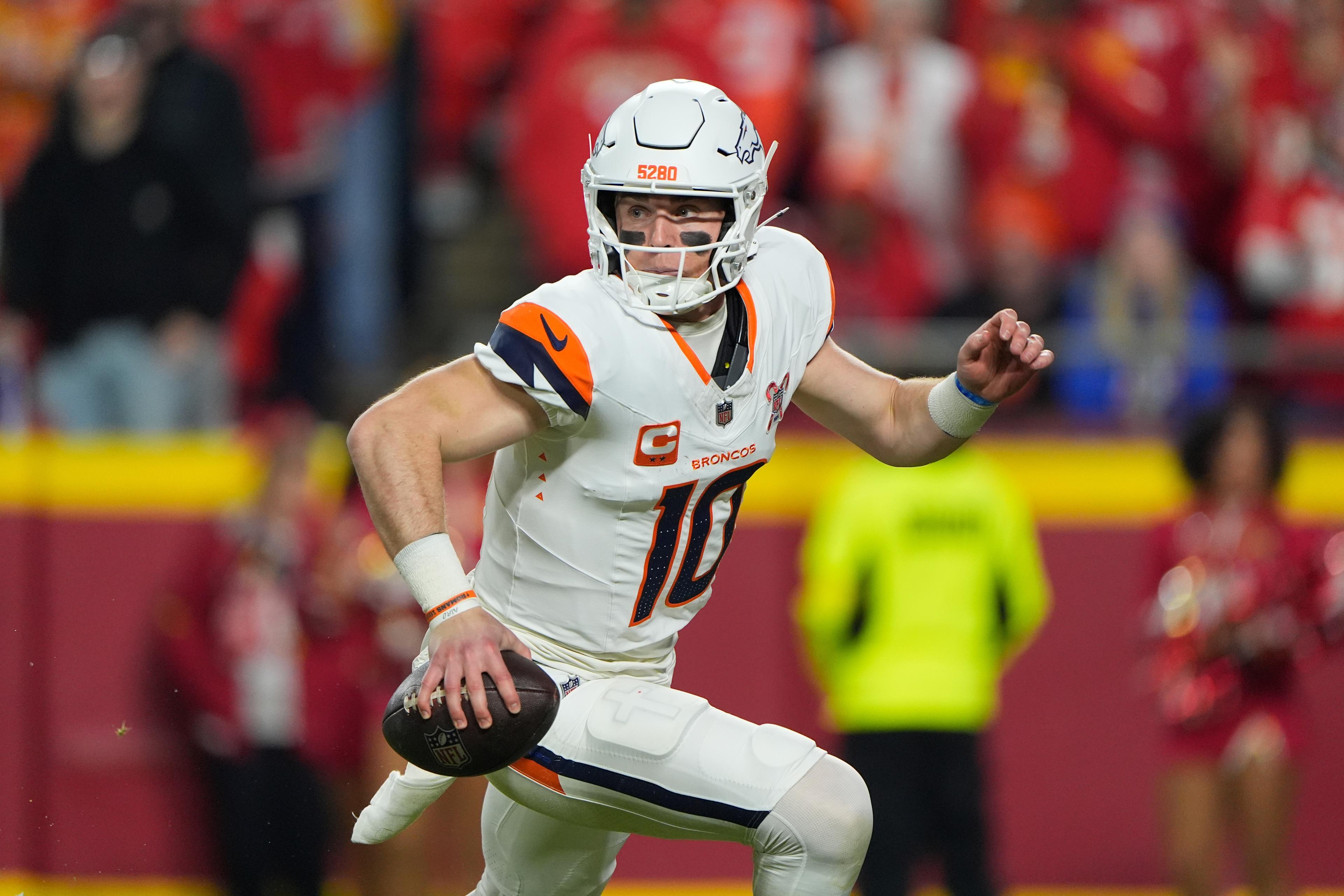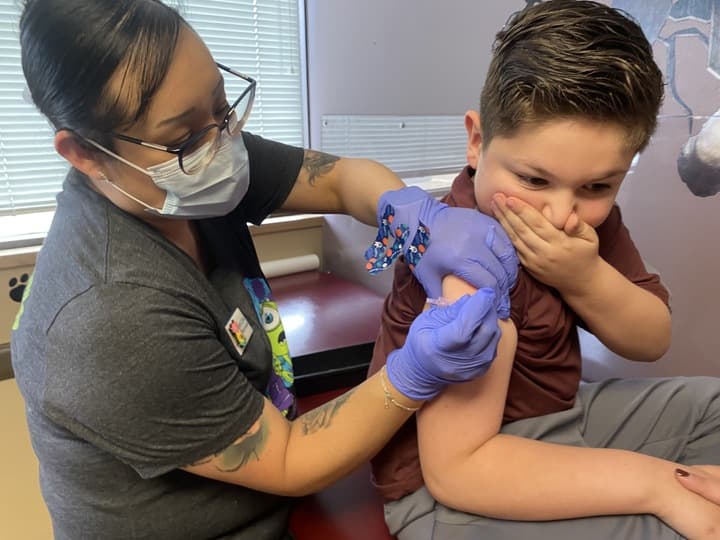
Updated Nov. 20, 2025 at 10:56 a.m.
The state health department expected to use the last of its federal COVID-19 immunization funding through the summer of 2027.
But the Centers for Disease Control and Prevention changed course under the Trump administration, so the Colorado Department of Public Health and Environment lost nearly $27.8 million for immunizations.
That money would have funded and staffed things like a broad paid-media campaign, a statewide vaccine reminder program and a vaccine equity program.
Despite that, Dr. Ned Calonge, the state’s chief medical officer, said the agency continues to prioritize equitable access to vaccines and offer vaccine clinics statewide.
The health department said, in an emailed statement, that it lost “term-limited staff who supported essential programs,” including:
- The help desk for the Colorado Immunization Information System
- A statewide vaccine reminder/recall program.
- The Champions for Vaccine Equity program.
- Broad paid-media campaigns, which it has scaled back to mostly digital outreach.
A prominent Latino vaccine advocate urged the agency to keep supporting vaccines for all Coloradans, with rates in that community lower than other groups.
“Any reduction in funding — wherever it comes from — has a direct impact on people who already face the biggest barriers to care,” said Julissa Soto, said in a statement via email.
When clinic availability shrinks, rural, uninsured, linguistically diverse, or historically marginalized lose access first, said Soto, a veteran at promoting vaccines during the pandemic. “The work of equity isn’t just about fairness; it’s about protecting public health for everyone.”
Season outlook not so good
The news comes with signs pointing to a busy flu season in the U.S.
Metrics for flu, shown on the state’s dashboard, show a clear uptick, just before the busy holiday season, with increases in emergency department visits, the rate of tests coming back positive and in wastewater samples. Fifty-six were hospitalized with flu this week, more than double the number from the start of the month.
Most Coloradans, especially in communities of color, which normally would have seen much more outreach from the state health department before the funds evaporated, have not yet gotten vaccinated ahead of the arrival of colder weather.
About 23 percent have gotten a flu shot; the figures for Black Coloradans (15%) and Hispanics (6%) are even lower.
Just one in 10 have received a COVID-19 shot, with Black residents (5%) and Hispanic residents (2%) seeing even lower vaccination rates.
Both COVID and flu immunizations to date are running behind last year's rates, according to the state dashboard.
Impact of the funding cut
With fewer staff and resources, the health department has limited the number and size of clinics, cutting the number in half. For example, it offered 166 clinics between July and October 2024, compared with 82 clinics during the same period this year.
The agency also had to pause contracts with community-based organizations that provide cultural navigators, community members who support vaccine education and access for refugees, asylum seekers, immigrants, migrants, and other priority populations. The navigators help ensure two-way communication and culturally relevant outreach, so pausing these contracts limits its ability to reach certain communities as effectively as it would like.
While the abrupt loss of the funds has significantly impacted its operational capacity, the investment was not entirely lost, Calonge said.
“These non-standard funds paid for permanent, invaluable upgrades like the modernization of the Colorado Immunization Information System and the enhancement of vaccine data visualization reports,” he said. “The improved data systems and reports still exist and are actively used today, providing improved vaccine tracking and public health transparency and funding vaccine messaging materials that can be used for years to come.”
The view from the frontlines
Children's Hospital Colorado doctor Suchitra Rao said the timing of the cuts, with vaccine rates languishing in general, could not be worse.
“I do believe that we might be in the perfect storm for having a severe winter for influenza and other sort of respiratory season,” said Rao, an infectious diseases physician.
She has been closely watching flu numbers. The lab at Children’s detected 33 children with flu in a day and so far this season 50 kids have been hospitalized with it.
In Australia, an early start became one of its worst flu seasons on record. And it looks like the U.S. is likely to follow suit.
“This surge is mirroring what we've been seeing in some countries in the southern hemisphere,” she said.
Rao said now is the perfect time to get vaccinated.
Which is exactly what some families and kids were doing last weekend in Wheat Ridge.
“Take a deep breath and then blow it out hard,” a nurse said to a boy with dark hair, before she gave him an injection.
“Not bad, just, that hurt,” he said, with a smile as the nurse, his mom and a pair of siblings cheered.
As many as 600 kids visited Pediatrics West's annual vaccine clinic, which made the experience fun, with colorful decorations, staff in cute hats and some families even dressed in costumes.
This year's theme was Monster's Inc., which was pretty on point, because it's been a fall of monster headaches, said pediatrician Shen Nagel, though it's a bit better now.
“I'm feeling calmer about it at the moment,” he said.
Policy confusion
A shakeup of federal vaccine policy under Robert F. Kennedy Jr., led to funding cuts and the controversial overhaul of a key advisory panel for immunization recommendations. That led to a lot of confusion about vaccine supply and guidance.
“Mostly right now it's just sowed some confusion I think, amongst families and providers. But we've gotten through that reasonably,” Nagel said.
Office manager Christy Parker donned a Monsters Inc. T-shirt. For a while, it wasn't clear what supply would come through the Vaccines for Children program. But ultimately COVID vaccines were just delayed a few weeks. Parker thinks that in part was due to key groups speaking up for access and coverage.
“I feel like all of the providers and the insurance companies really tried to stick together and have their messaging consistent, which I think ultimately helped,” she said.
Parents said they were aware of the federal upheaval, some adding it made them even more determined to get their kids their vaccines, for flu, covid or both.
It was an easy decision for Lisa Rucker, visiting the clinic with her daughter Gracie, to do "just what's best for my child and our family.”
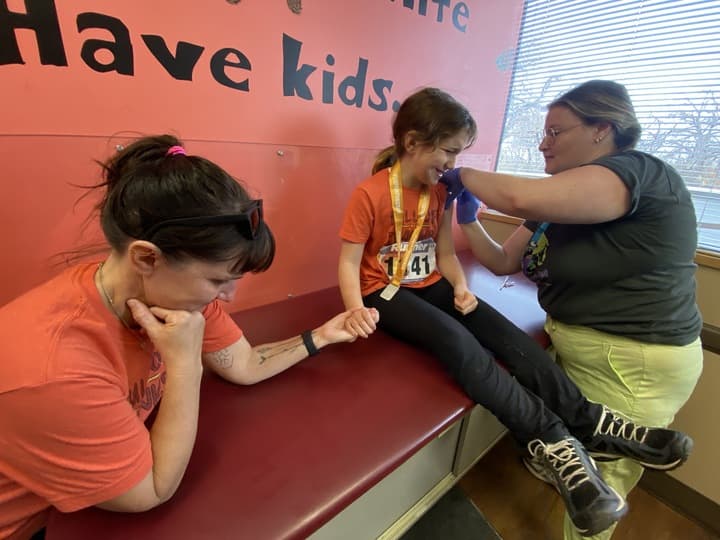
Colorado’s own vaccine path
Leda Hirsch and her brother Miles came with their mom after running in the Pumpkin Pie 5K at City Park. They all wore orange T-shirts reading Full of Thanks and Pumpkin Pie.
Their mom Emily Kuchenrither said she was aware Colorado legislators had passed a law allowing state health officials to follow guidance from key medical groups and not just the remade federal vaccine panel and that the governor and health officials took steps to make sure residents can easily get coronavirus vaccines.
“I am grateful that we're able to get the COVID vaccine here. I was worried that we wouldn't be able to, but when I saw that they were offering them, I signed the kids up right away,” she said.
She said she was glad Colorado was forging its own path.
“I don't trust the current administration at all with my children's health,” she said with a laugh.
Mom Jade Darnell came to the clinic with a young son and two daughters; all of them were dressed up in Monsters, Inc. costumes.
Darnell said her daughters are enrolled in Medicaid and she wasn’t sure if the COVID vaccine would be covered. The clinic said they were.
“That made it even like, ‘OK, let's actually go ahead and go in and get the vaccines,’” said Darnell. “Just so we can protect everybody. It just makes sense for us.”
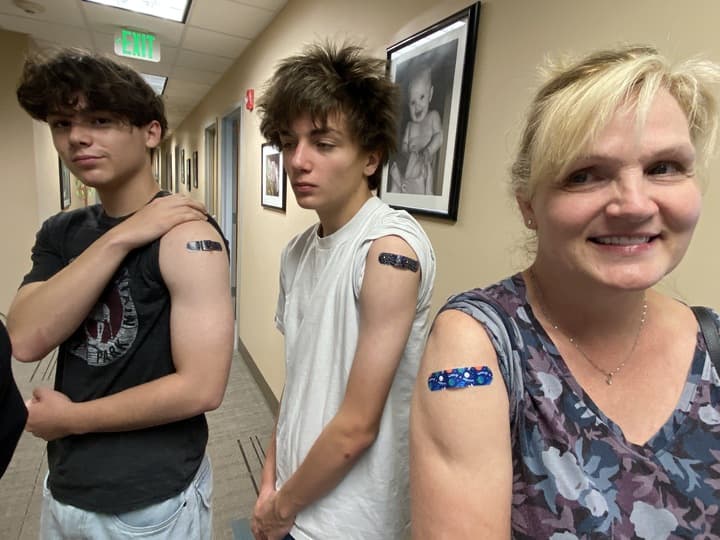
The time was right for getting a shot, said many parents.
“We do have some plans for, like, Thanksgiving and stuff like that with family and everything, so it can never hurt,” said Shannon McSheehy, who came in to get flu shots for two high school sons and their older sister.
Editor's note: This story has been updated to correct how long the state health department has access to federal COVID-19 funds. They expect to have access to the funds to June 2027.





